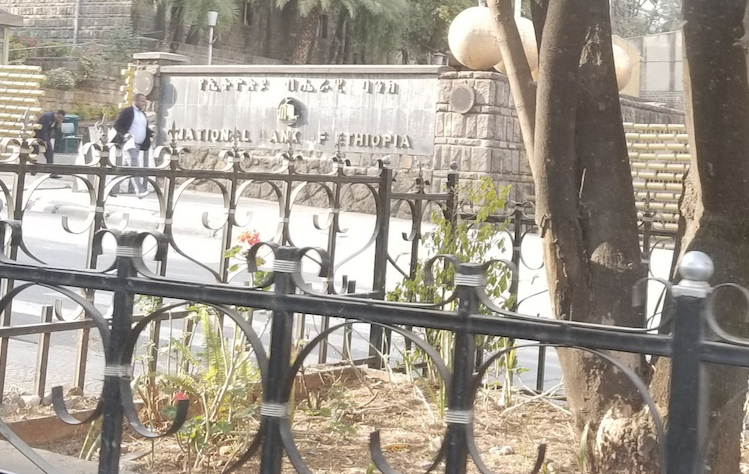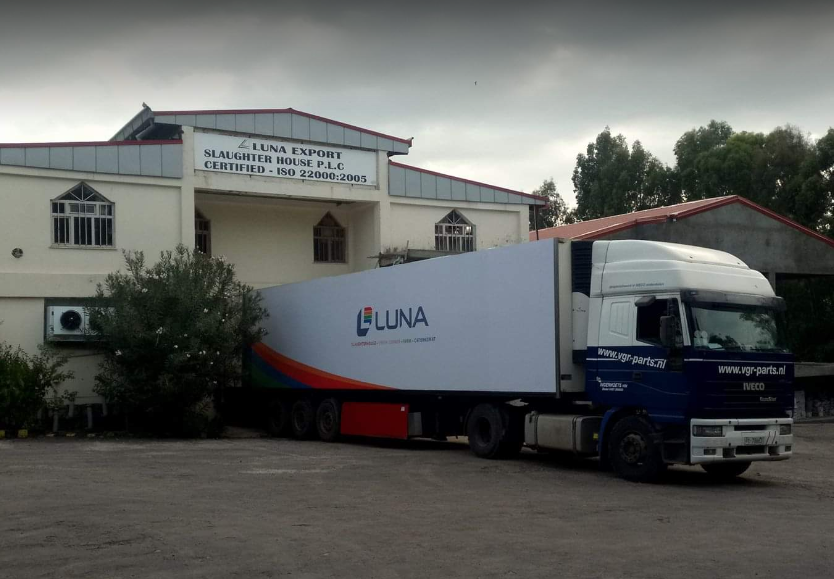
May 6 , 2023
By BERSABEH GEBRE ( FORTUNE STAFF WRITER )
A severe foreign currency shortage has led to a drastic drop in fertiliser shipments and distribution, exacerbating concerns over food security. The distribution plan faced considerable challenges due to the pervasive foreign currency shortage, prompting the Ministry of Agriculture officials to take urgent measures.
Only 477,526.5tns of the 1.3 million tons procured by the Ministry have been delivered and distributed to farmers, revealed a report submitted to the Agricultural Affairs Standing Committee of Parliament, chaired by Solomon Lale.
Under the leadership of Girma Amente, the Ministry planned to distribute the 2.2 million quintals of fertiliser left from the previous year and import 12.8 million quintals for the harvest year with a projected budget of one billion dollars.
Commercial banks in Ethiopia are required to allocate 15pc of their foreign currency reserves to items designated as a priority, such as agriculture inputs. Fertiliser, seeds, and pesticides fall into the second-priority category for foreign currency allocation. To import fertilisers, the Ministry opens letters of credit (LCs) through the state-owned Commercial Bank of Ethiopia (CBE). However, the number of LCs opened this year has fallen by half, with only 13 opened, compared to the Ministry’s initial plan of 24 by the end of the budget year.
Ministry officials have recently held discussions with bank executives to prioritise fertiliser inputs, according to Sofia Kassa, state minister for Agriculture. Solomon’s Standing Committee sought an explanation after learning that farmers faced input shortages and were forced to plant seeds without applying fertiliser. State Minister Kassa, however, dismissed the complaint, blaming a lack of specific numbers and locations to substantiate the claim.
A surprise inspection conducted by the Ministry discovered nearly 7,000qnts of fertiliser stockpiled in a warehouse in the Southern Regional State. Despite the State Minister’s dismissal of the complaints, various unions have expressed concerns about the ongoing shortage.
Walta Farmers Union, in the Amhara Regional State, oversees 32 cooperatives with nearly 20,000 smallholder farms under its umbrella. According to its Manager, Welde Teferi, the stock in their warehouse is insufficient to meet the farmers’ demand. He disclosed that up to 140,000qnts of fertiliser are required during the two harvest seasons, with a current deficit of half the 40,000qnts needed for the Belg season.
Teferi noted that demand fluctuates based on rainfall and weather conditions, but he has observed increased demand this season, particularly for maise cultivation.
Fertiliser usage in Ethiopia averages slightly over 36Kg per hectare, and agricultural land comprises 34pc of the country’s total land area. Since 2015, the Ethiopian Agricultural Works Corporation has been the sole fertiliser importer, determining quantities based on demand estimates provided by the Ministry of Agriculture.
Useman Surure, Agriculture Bureau head of Southern Regional State, confirmed fertiliser scarcity. Of the 300,000qnts of fertiliser received from federal authorities, 280,000qnts have been distributed to the region’s farmers. The Bureau is exploring alternative sources to fill the gap by procuring fertiliser from one-stop shops run by licensed agricultural transportation agencies.
An economist, Akalu Teshome (PhD), warns that fertiliser scarcity puts Ethiopia’s already precarious food security at an even greater risk. The availability of major food staples, including wheat, teff, and maise, could be threatened as these crops require a higher fertiliser application.
“Farmers will be compelled to switch to less demanding cereals,” Akalu warned, highlighting the potential implications of the ongoing shortage on Ethiopia’s agricultural production and food security.
The situation underscores the importance of addressing the foreign currency shortage and ensuring that agricultural inputs like fertiliser are prioritised to support farmers and maintain stable food supplies.
Members of the Standing Committee were vocal about problems with fertiliser availability for the upcoming rainy season. State Minister Sofia assured them that three vessels carrying NPS and urea were expected to arrive at Djibouti ports last week.
The Standing Committee members have also voiced concern over the budget shortage for treating acidic arable lands with limestone. While the Ministry aims to treat 300,000hct of acidic land annually, budget constraints have hindered these efforts. Out of the 900,000 qtl of limestone planned only 12pc was imported this year to address soil acidity issues.
According to State Minister Eyasu Elias (Prof), 43pc of the land is acidic, reducing fertiliser effectiveness by up to 71pc.
PUBLISHED ON
May 06,2023 [ VOL
24 , NO
1201]

Fortune News | Mar 14,2020

Fortune News | Oct 11,2020

Viewpoints | Mar 23,2019

Fortune News | Jun 15,2025

Radar | May 16,2020

Fortune News | Aug 07,2021

Commentaries | May 16,2020

Money Market Watch | Apr 19,2025

Fortune News | Mar 14,2020

Commentaries | Dec 17,2022

Dec 22 , 2024 . By TIZITA SHEWAFERAW
Charged with transforming colossal state-owned enterprises into modern and competitiv...

Aug 18 , 2024 . By AKSAH ITALO
Although predictable Yonas Zerihun's job in the ride-hailing service is not immune to...

Jul 28 , 2024 . By TIZITA SHEWAFERAW
Unhabitual, perhaps too many, Samuel Gebreyohannes, 38, used to occasionally enjoy a couple of beers at breakfast. However, he recently swit...

Jul 13 , 2024 . By AKSAH ITALO
Investors who rely on tractors, trucks, and field vehicles for commuting, transporting commodities, and f...

Jun 28 , 2025
Meseret Damtie, the assertive auditor general, has never been shy about naming names...

Jun 21 , 2025
A well-worn adage says, “Budget is not destiny, but it is direction.” Examining t...

Jun 14 , 2025
Yet again, the Horn of Africa is bracing for trouble. A region already frayed by wars...

Jun 7 , 2025
Few promises shine brighter in Addis Abeba than the pledge of a roof for every family...